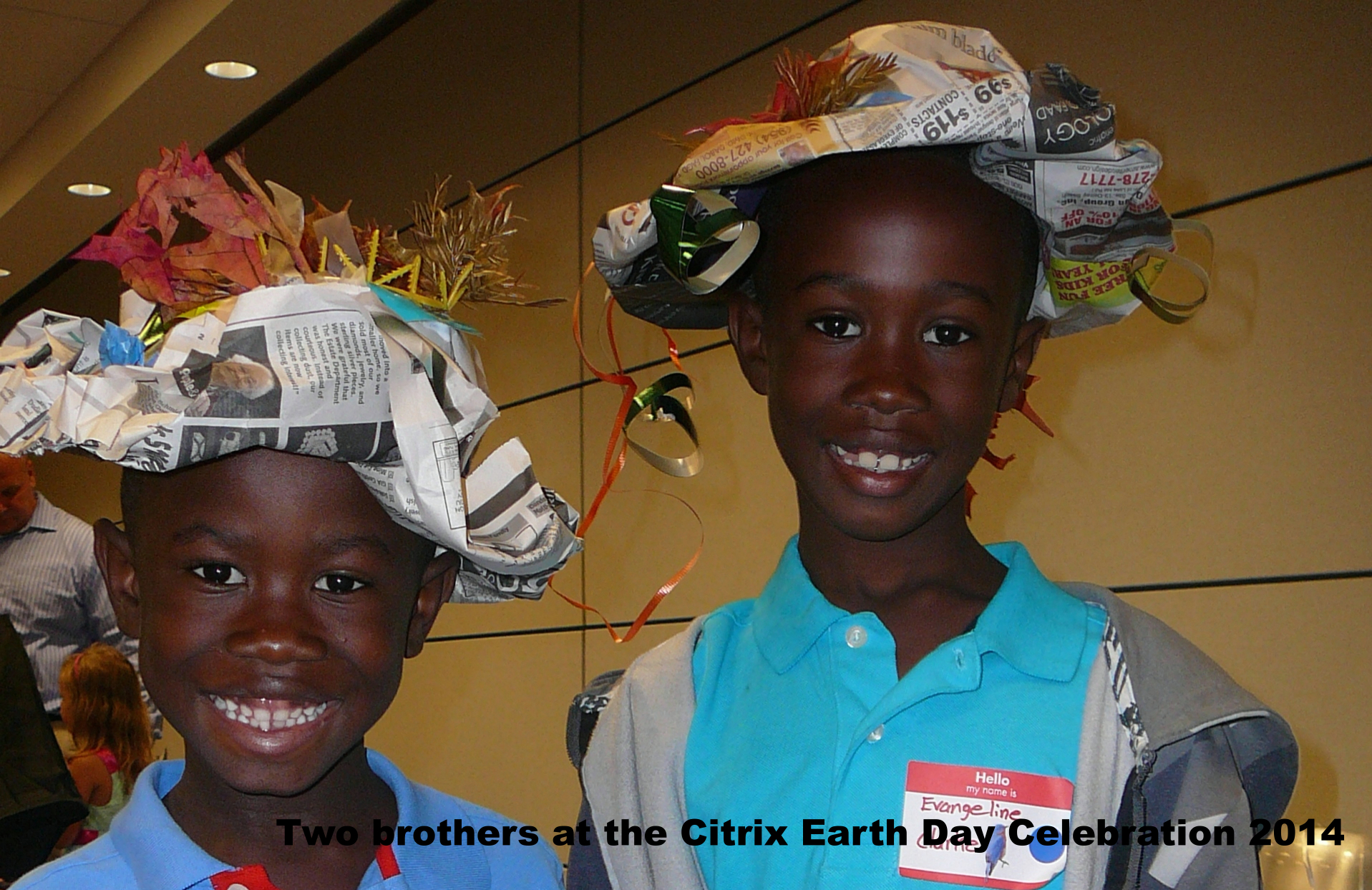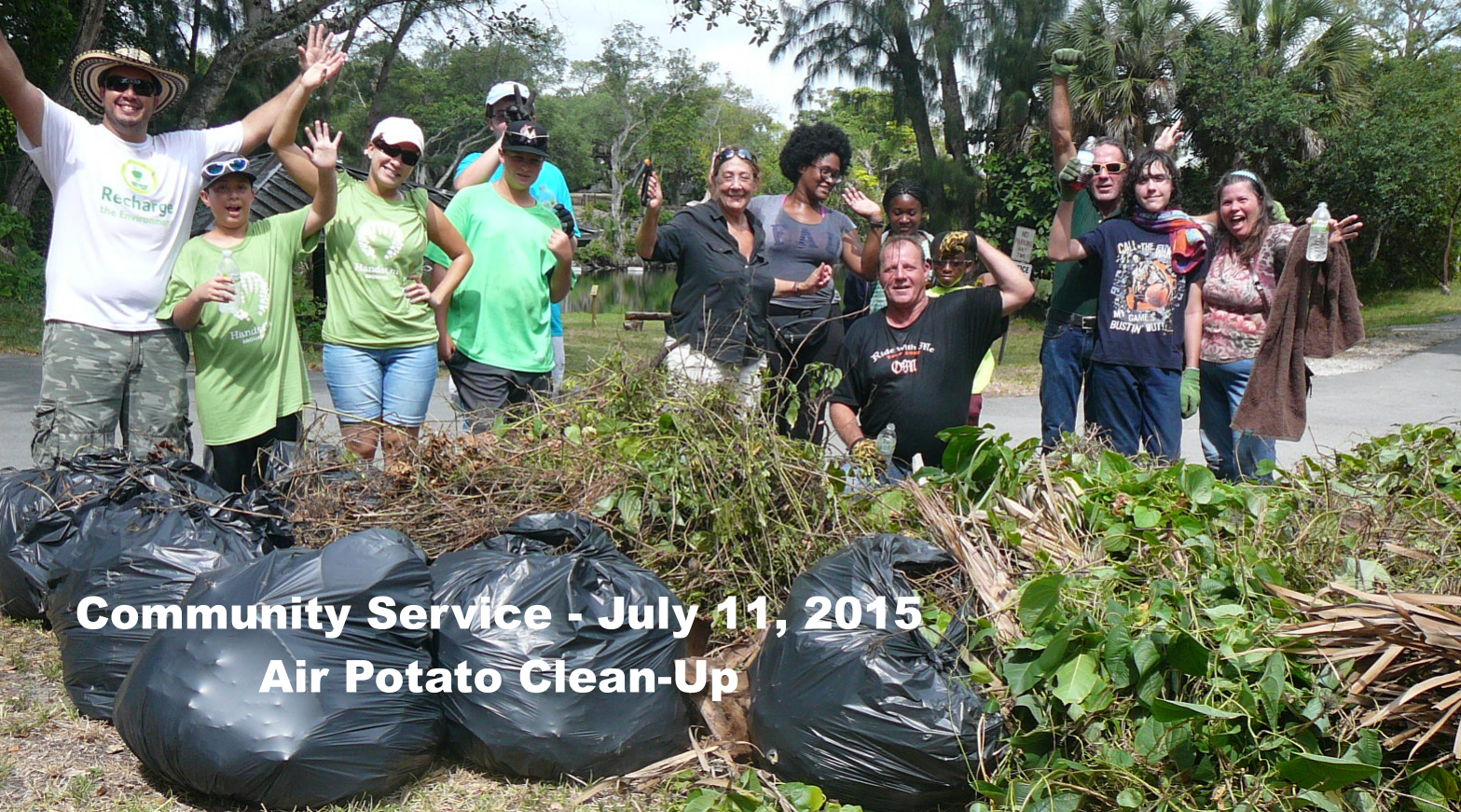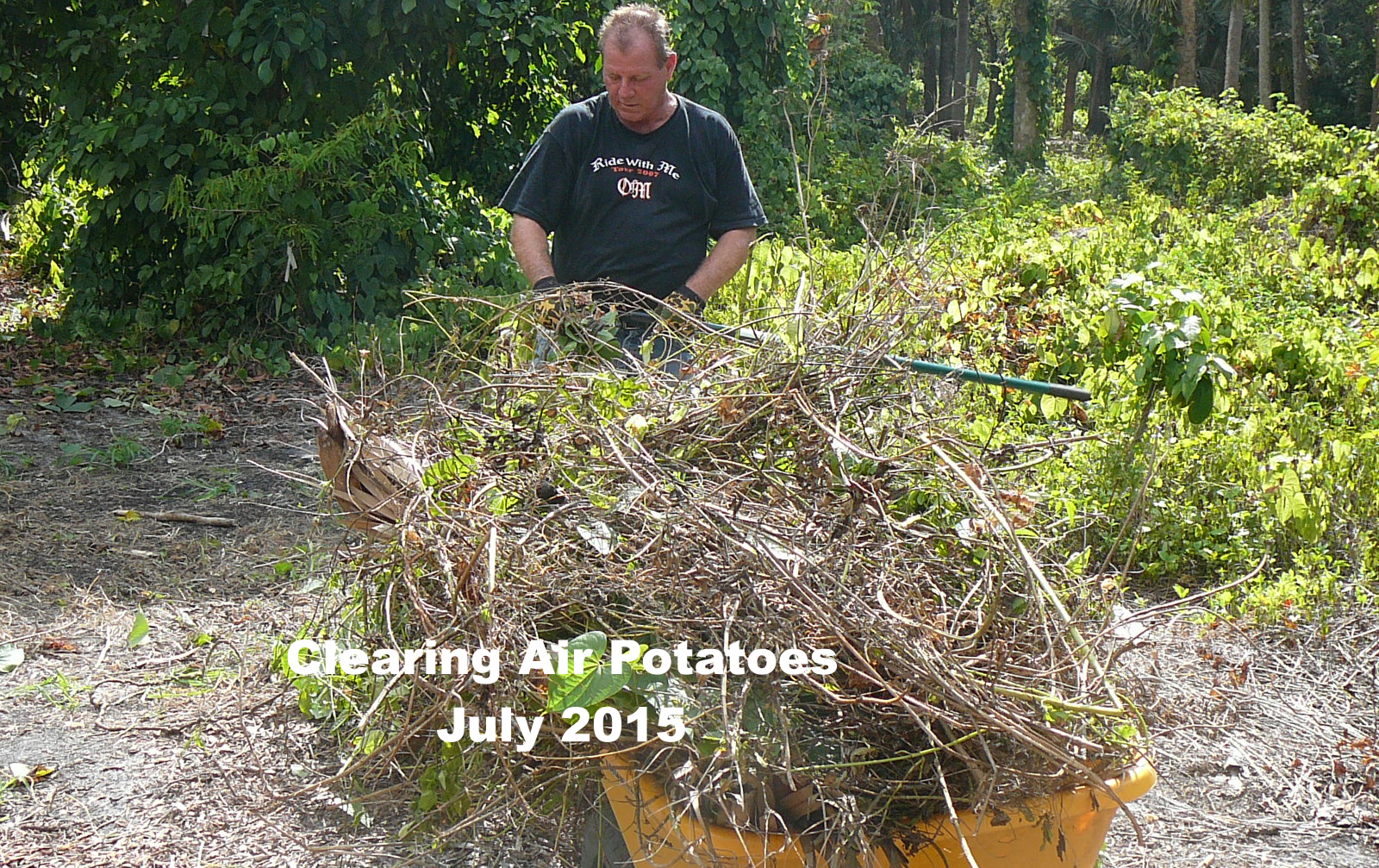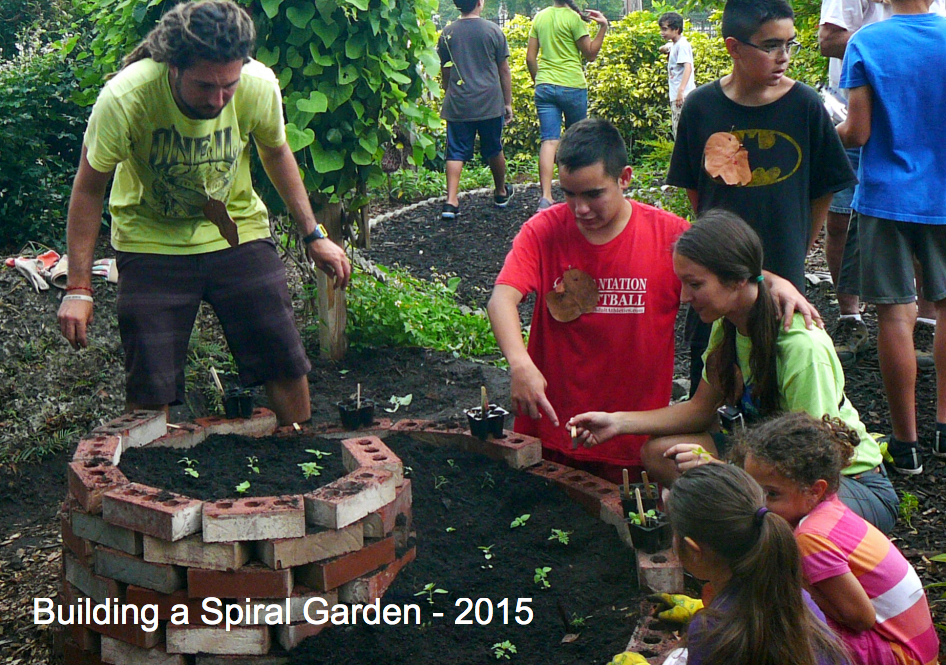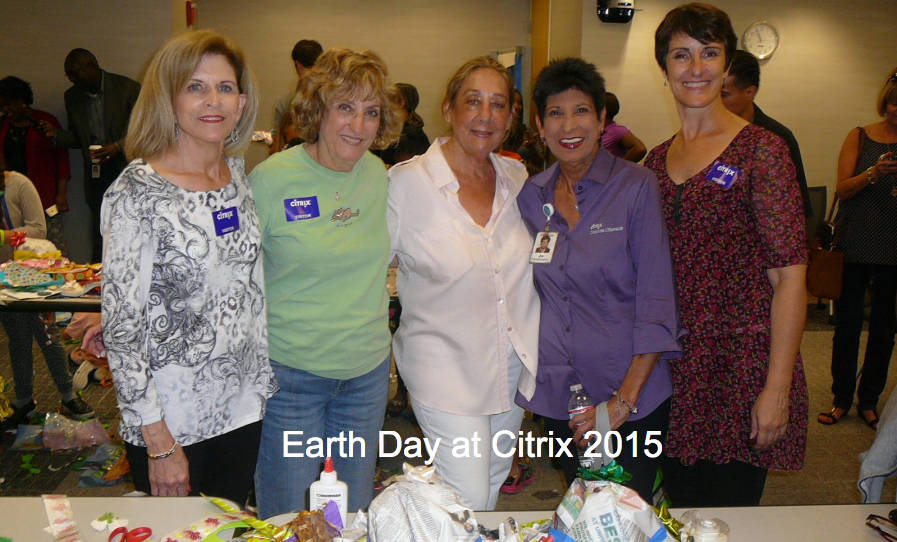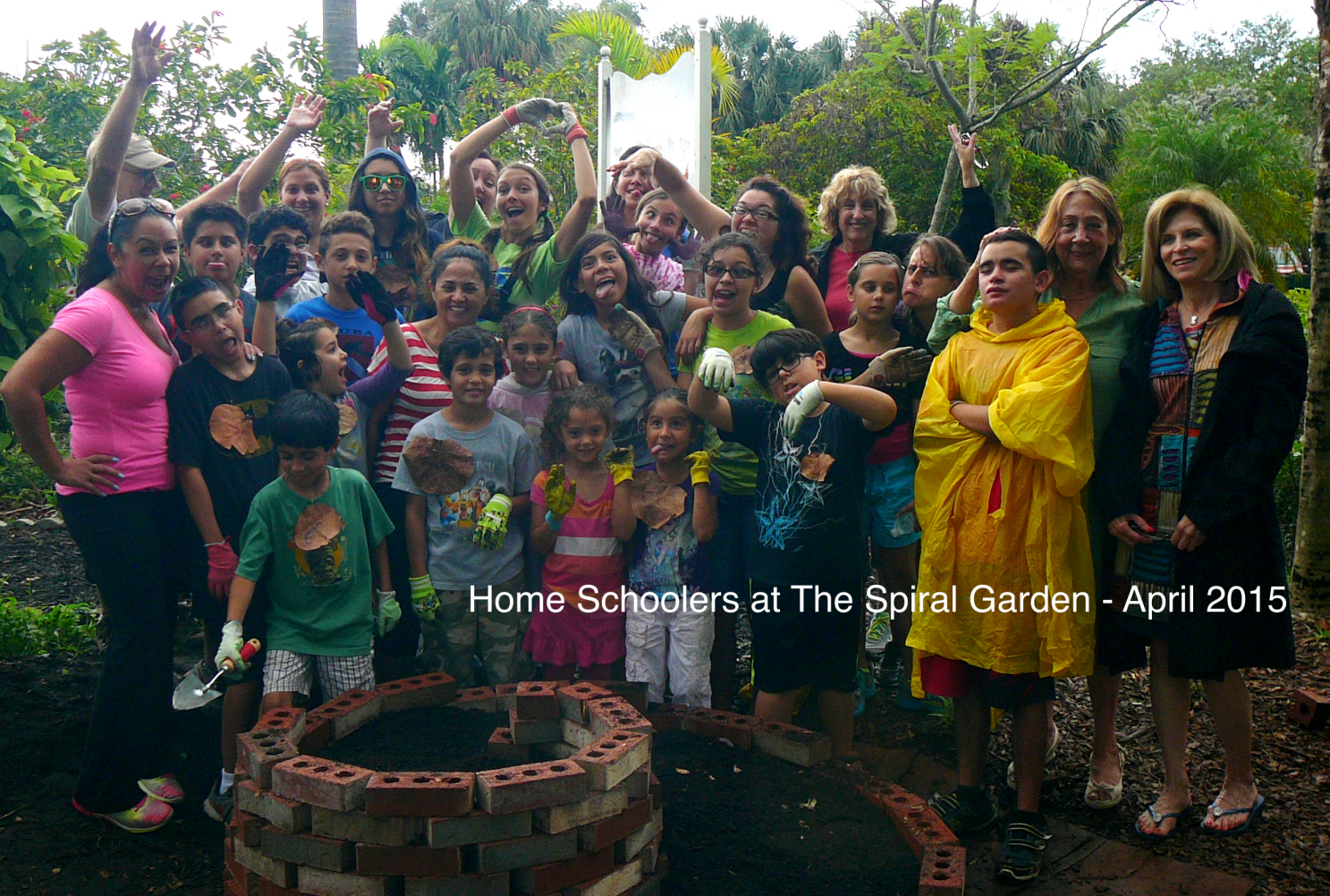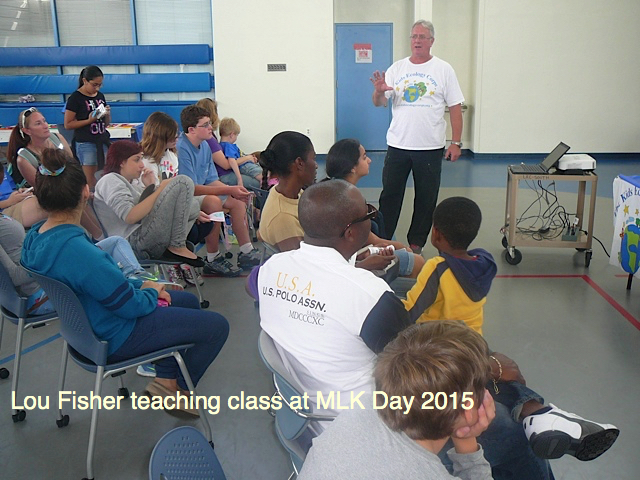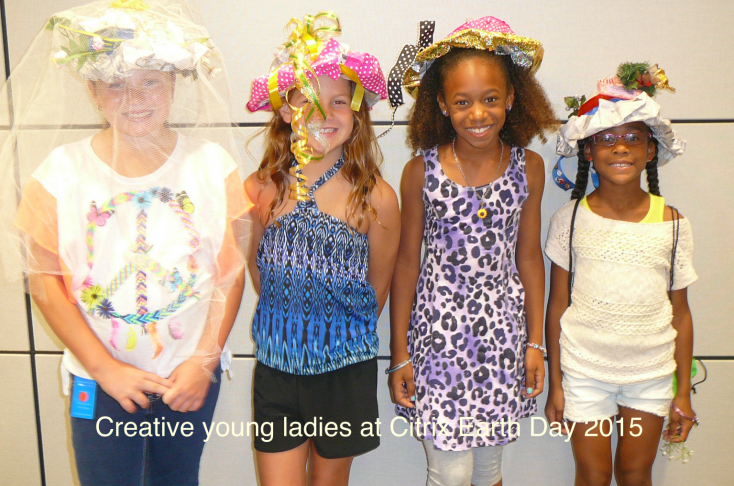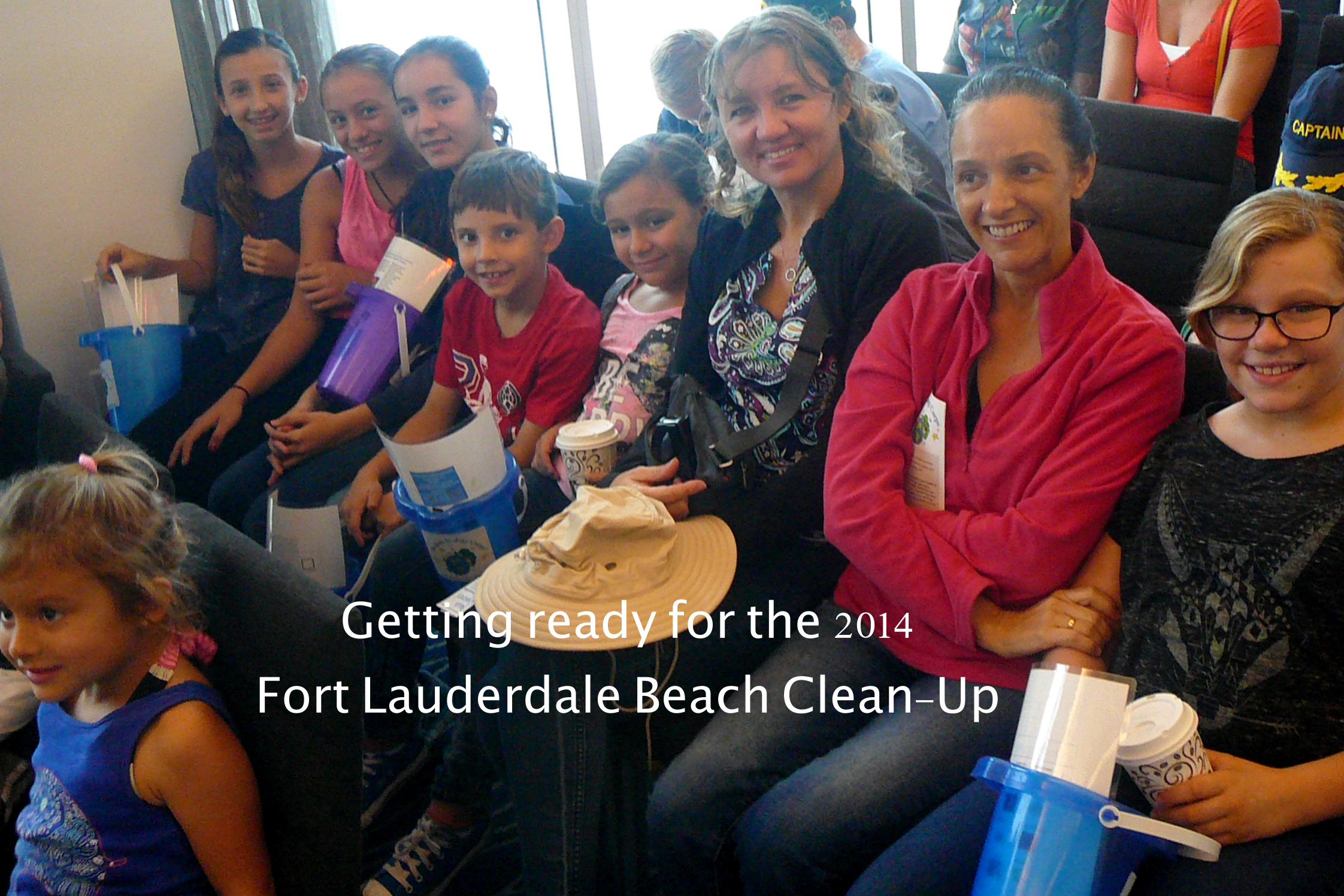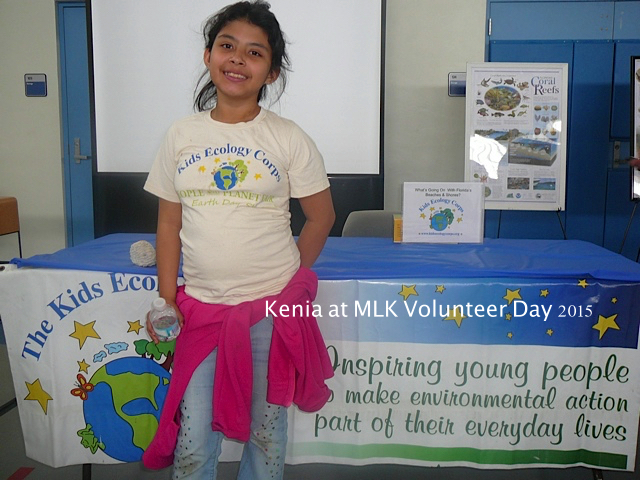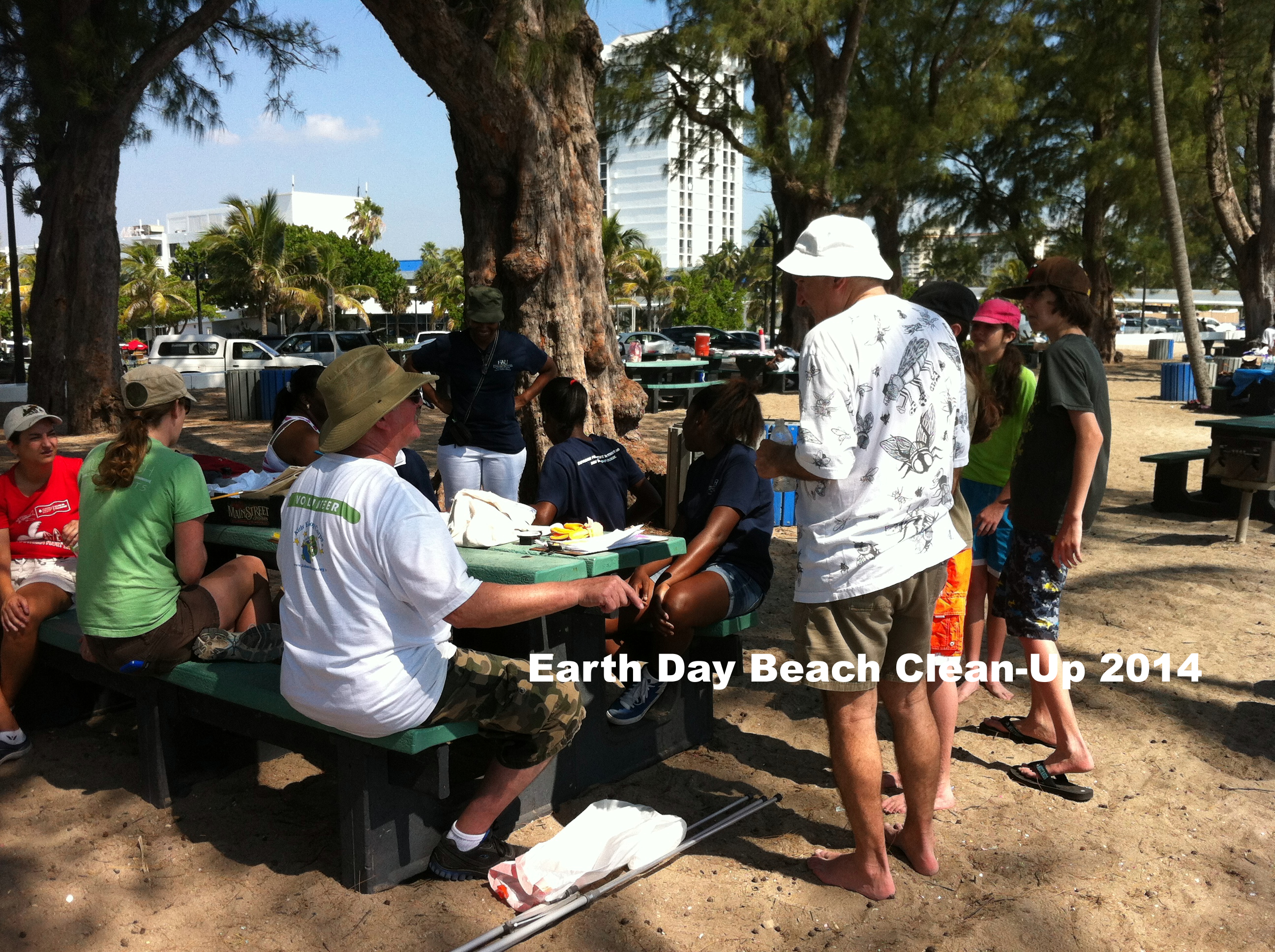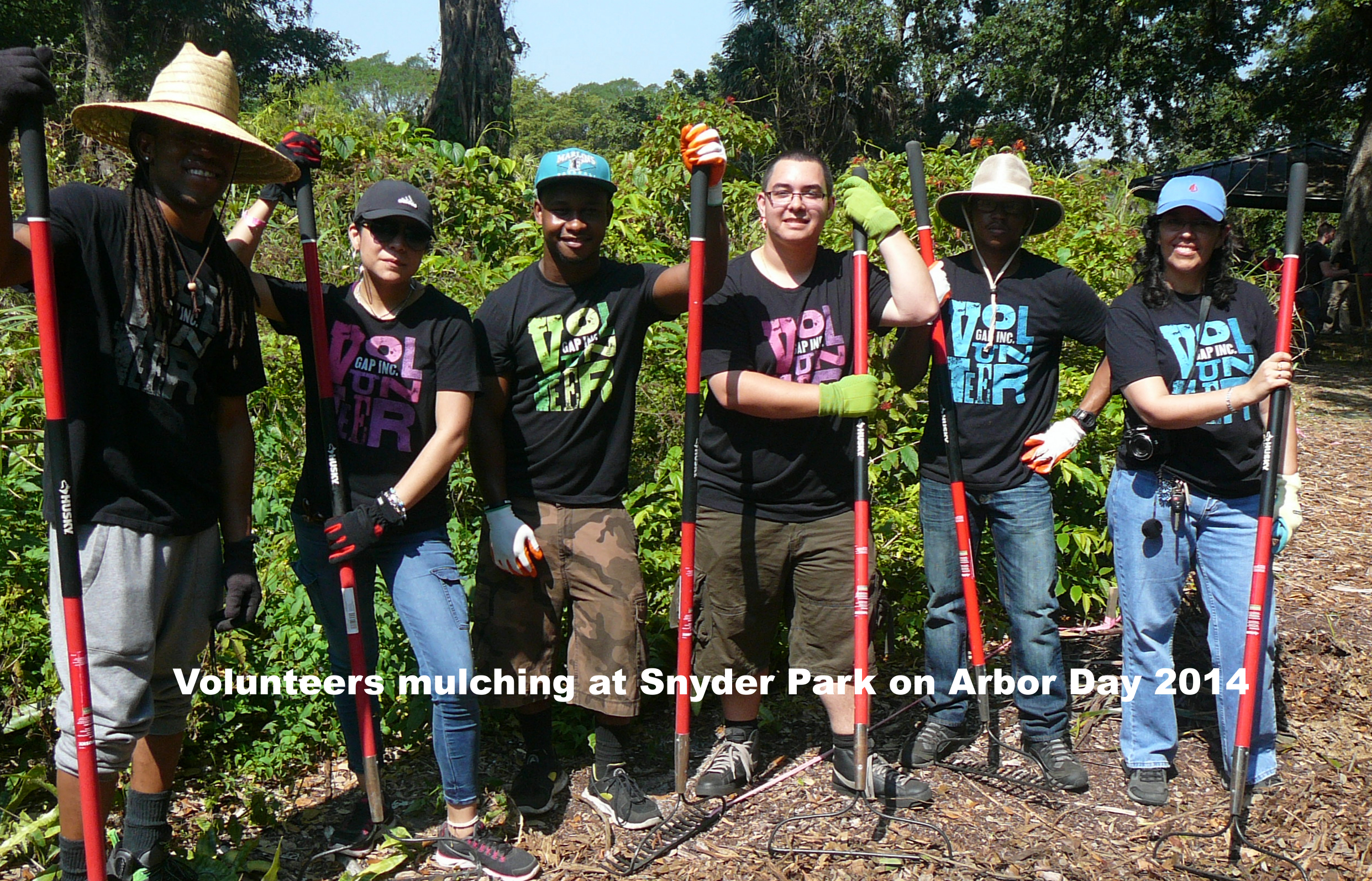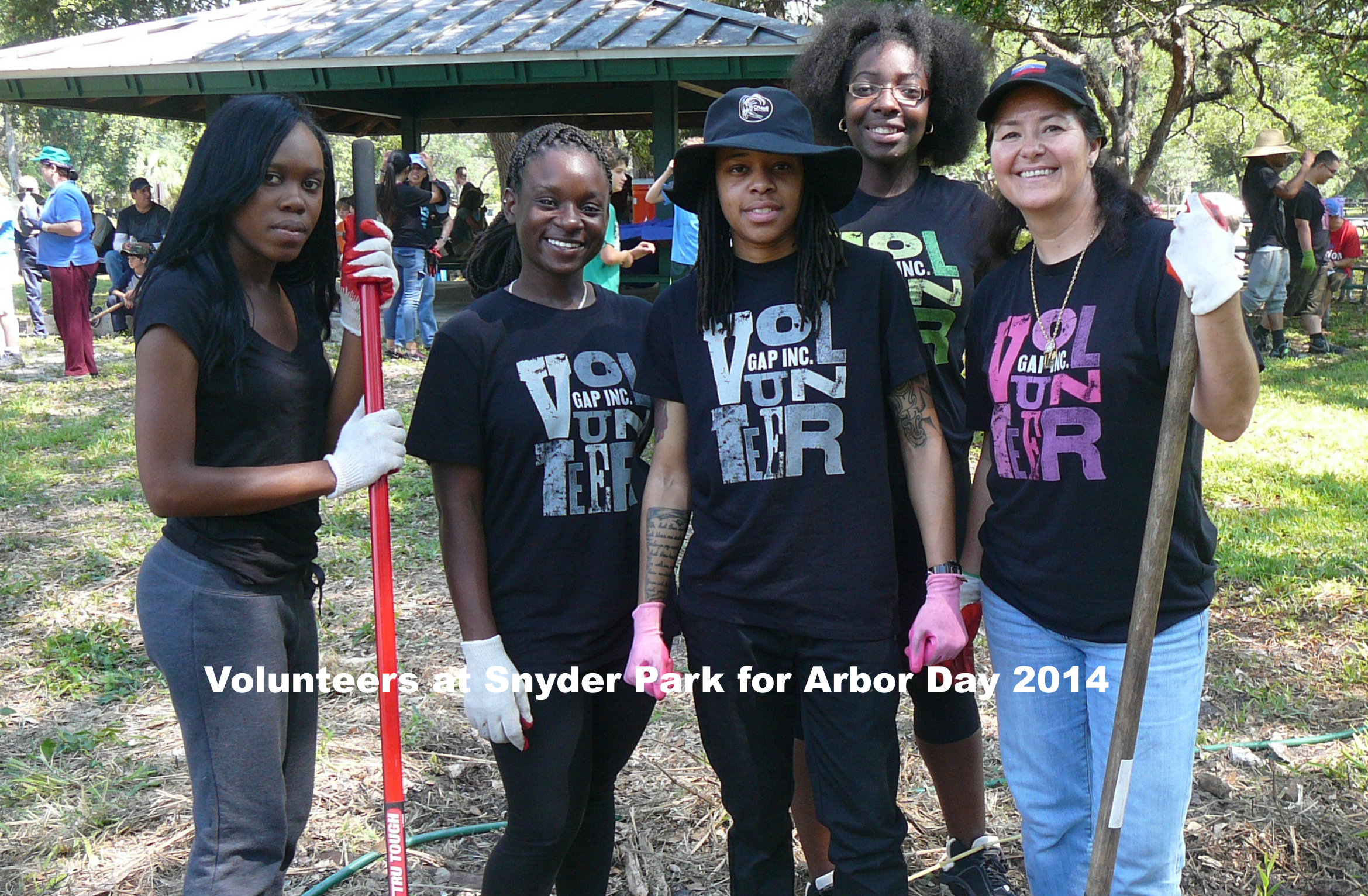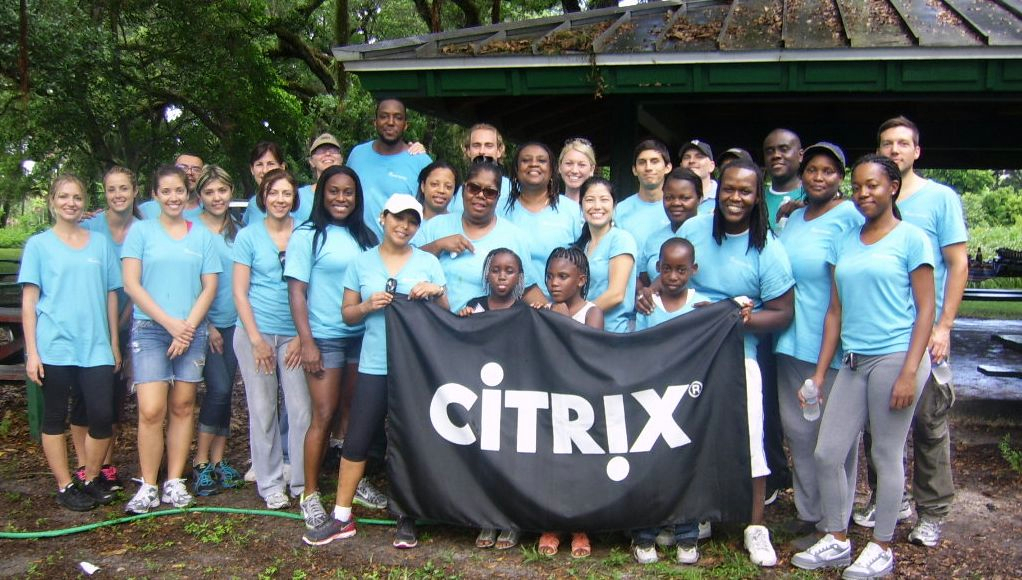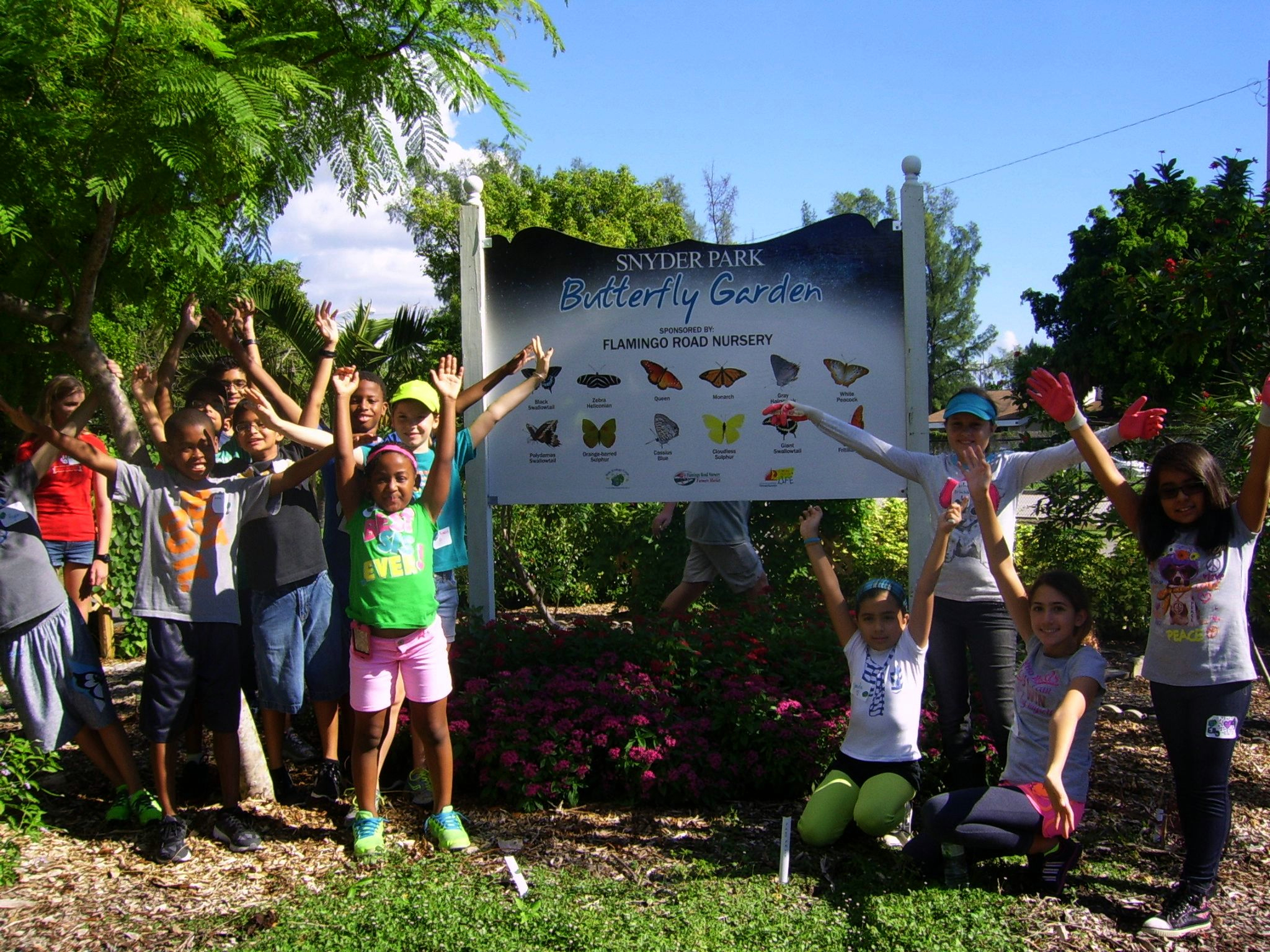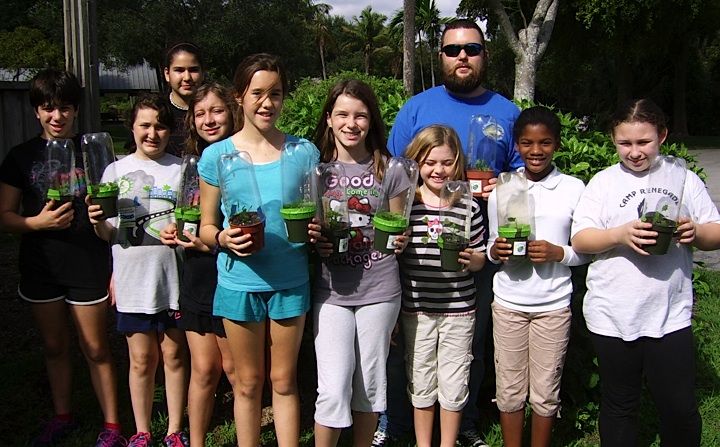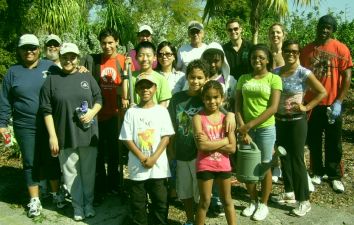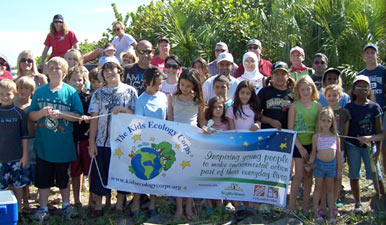How are you and your family doing in planet school?
KEC Kids get report cards all the time. Report cards help you know how well you are doing learning a particular subject. Unless you are different from other students, you would like to see straight A’s on every report card you get.
You can grade the way you, your family, your school and your community treat the environment. Do they get straight A’s? If you want to find out, use the checklist below to rate how well they do.
For more information on the topics listed in the Report Card, look under Your Environment in this web site.
This report card can be used to grade homes, offices, religious institutions, schools and other places. It can be copied and distributed.
If you answer “yes” to fewer than 25 questions, it is time to do some work, you have the power to change! If you answer “yes” to more than 40 question, you pass with flying colors. If you answer “yes” to all the questions, you are a real KEC star!!! And you should let us know about it, too!
Your Grade Is:
51 to 54 “Yeses” —KEC Hero!
41 to 50 “Yeses” —KEC Star!
31 to 40 “yeses” — You are on your way–keep trying!
25 to 30 “yeses” — Your need to take environmental action now!
24 or fewer ‘yeses’ — You have work to do!
